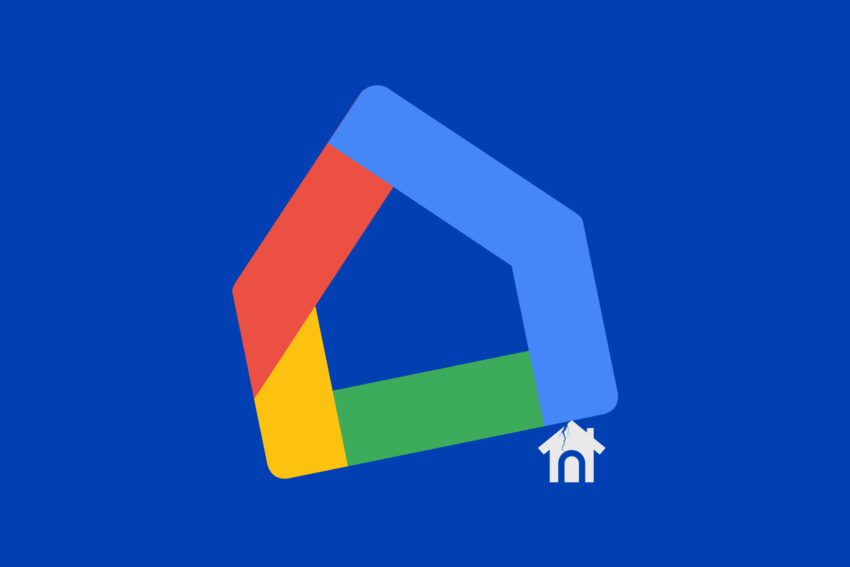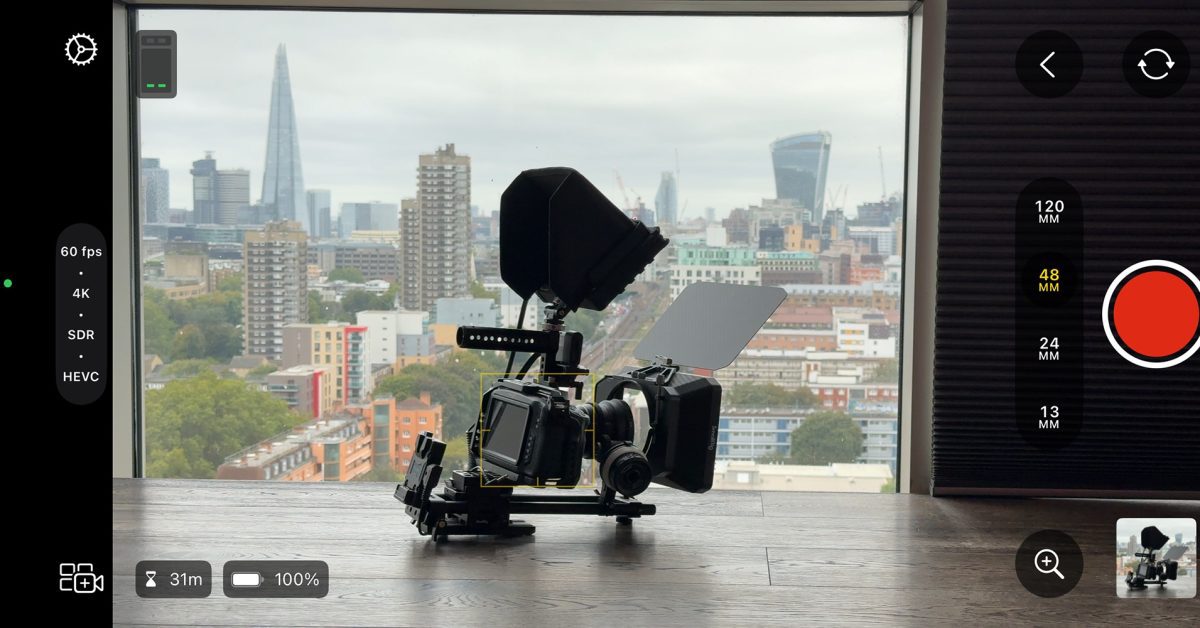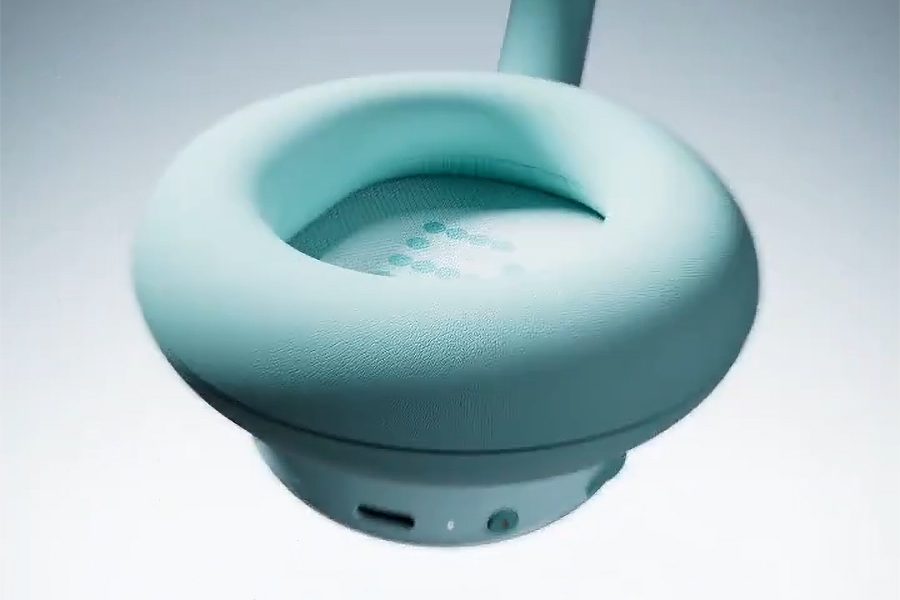
nest is dead long live google home Google has officially transitioned its Nest-branded smart home devices to the Google Home app, marking a significant shift in its approach to smart home technology.
nest is dead long live google home
The Transition to Google Home
This week, Google announced the completion of its long-anticipated transition of select Nest-branded smart home devices from the Nest app to the Google Home app. This change means that users of Google Nest hardware can now manage their devices in a single application, eliminating the need to switch between two separate apps. As a result, users can finally delete the Nest app from their devices, streamlining the management of their smart home ecosystem.
What Devices Are Included?
The transition includes what Google has described as “the best” of its Nest devices. However, this phrase raises questions about which devices are being prioritized and which may be left behind. While the specifics of the devices included in this transition have not been exhaustively detailed, it is clear that some features are still in Google’s Public Preview beta program. This suggests that not all functionalities have been fully integrated or optimized for the Google Home app.
Implications for Users
The consolidation of smart home device management into a single app is a welcome change for many users. Previously, managing Nest devices required navigating two separate platforms, which could be cumbersome and confusing. By unifying these functionalities, Google aims to enhance user experience and simplify the management of smart home devices.
However, the phrase “the best” implies that not all Nest devices are included in this transition. This raises concerns among users who may own devices that are not part of the new integration. The lack of clarity regarding which devices will continue to be supported in the Nest app could lead to frustration among consumers who have invested in the Nest ecosystem.
The Slow Evolution of Nest
The transition to Google Home has been a long time coming. It has taken over three years for Google to move a limited number of devices into the new app. This timeline has raised eyebrows within the tech community, as it reflects a sluggish approach to integrating Nest products into Google’s broader smart home strategy. The slow pace of this transition has led to speculation about the future of the Nest brand and its hardware offerings.
The Decline of Nest Hardware
In addition to the app transition, the gradual decline of Nest hardware has been evident over the past few years. Once a pioneer in the smart home market, Nest has struggled to maintain its relevance in an increasingly competitive landscape. The rise of alternative smart home brands and technologies has put pressure on Nest to innovate and adapt.
Google’s decision to consolidate its smart home offerings under the Google Home brand may signal a shift in strategy. By focusing on a single app, Google can streamline its development efforts and potentially allocate resources more effectively. However, this raises questions about the future of Nest as a brand. Will it continue to exist, or will it be fully absorbed into the Google Home ecosystem?
Stakeholder Reactions
The reaction from stakeholders has been mixed. Some users have expressed relief at the consolidation of apps, emphasizing the convenience of managing all smart home devices in one place. Others, however, have voiced concerns about the fate of their existing Nest devices and whether they will continue to receive updates and support.
Industry analysts have also weighed in on the implications of this transition. Some view it as a necessary step for Google to remain competitive in the smart home market, while others caution that the slow pace of integration could hinder user adoption and satisfaction. The tech community is closely monitoring how this transition will affect Google’s overall strategy in the smart home space.
The Future of Smart Home Technology
The consolidation of Nest devices into the Google Home app raises broader questions about the future of smart home technology. As consumers increasingly seek integrated solutions for their homes, companies must adapt to meet these demands. The move to a single app is a step in the right direction, but it is only one part of a larger puzzle.
Consumer Expectations
Today’s consumers expect seamless integration and interoperability among their smart home devices. They want to control everything from lighting to security systems through a single interface. As such, companies like Google must prioritize user experience and ensure that their products work well together.
Moreover, as smart home technology continues to evolve, consumers are becoming more discerning about the brands they choose. Trust and reliability are paramount, and companies must demonstrate their commitment to supporting their products over the long term. This is particularly important for a brand like Nest, which has built its reputation on innovation and quality.
Competitive Landscape
The smart home market is becoming increasingly crowded, with numerous players vying for consumer attention. Companies like Amazon, Apple, and Samsung have made significant strides in this space, each offering their own ecosystems for smart home management. As a result, Google must not only focus on integrating its existing products but also on innovating and expanding its offerings to remain competitive.
Additionally, the rise of new technologies, such as Matter—a connectivity standard aimed at improving interoperability among smart devices—could further reshape the landscape. Google’s ability to adapt to these changes will be crucial for its success in the smart home market.
Conclusion
The transition of Nest devices to the Google Home app marks a significant milestone in Google’s smart home strategy. While the consolidation of device management is a positive development for users, the implications for the Nest brand and its hardware offerings remain uncertain. As Google navigates this transition, it will need to address consumer concerns and continue to innovate to stay competitive in an ever-evolving market.
As the smart home landscape continues to change, stakeholders will be watching closely to see how Google adapts and what this means for the future of Nest and smart home technology as a whole.
Source: Original report
Was this helpful?
Last Modified: September 19, 2025 at 6:36 pm
6 views















